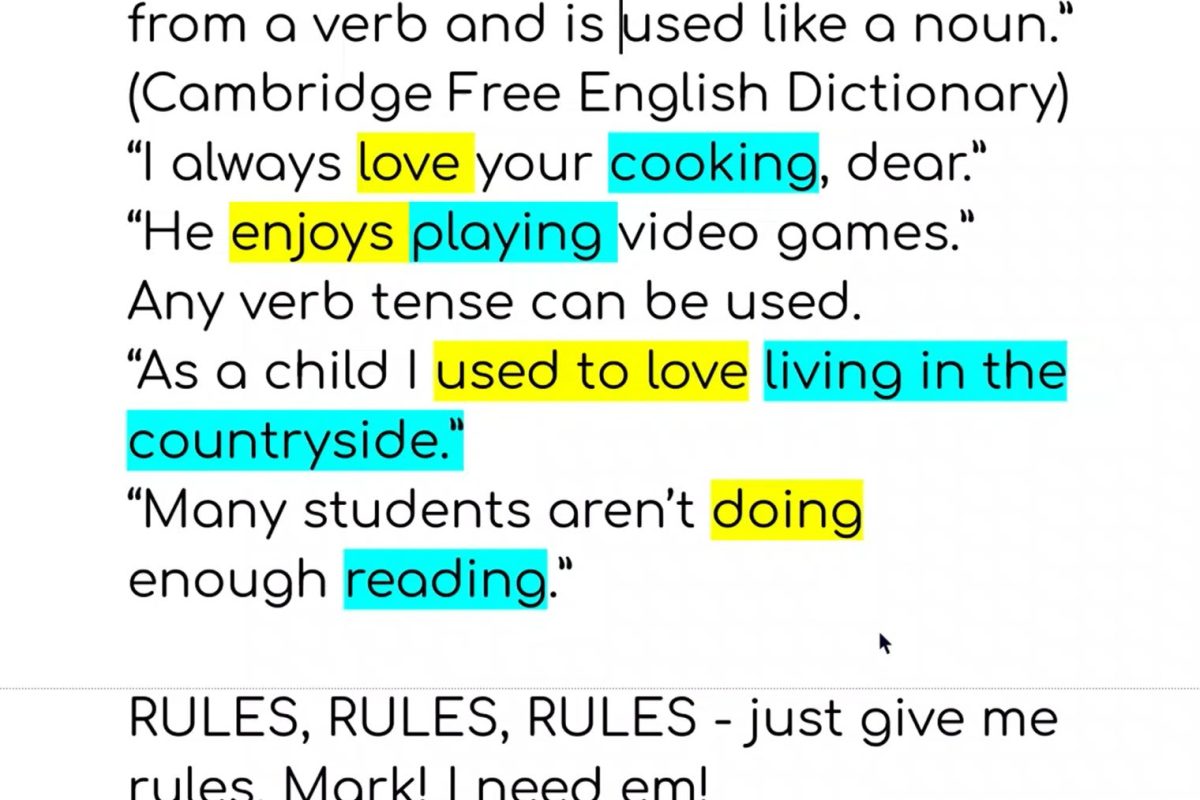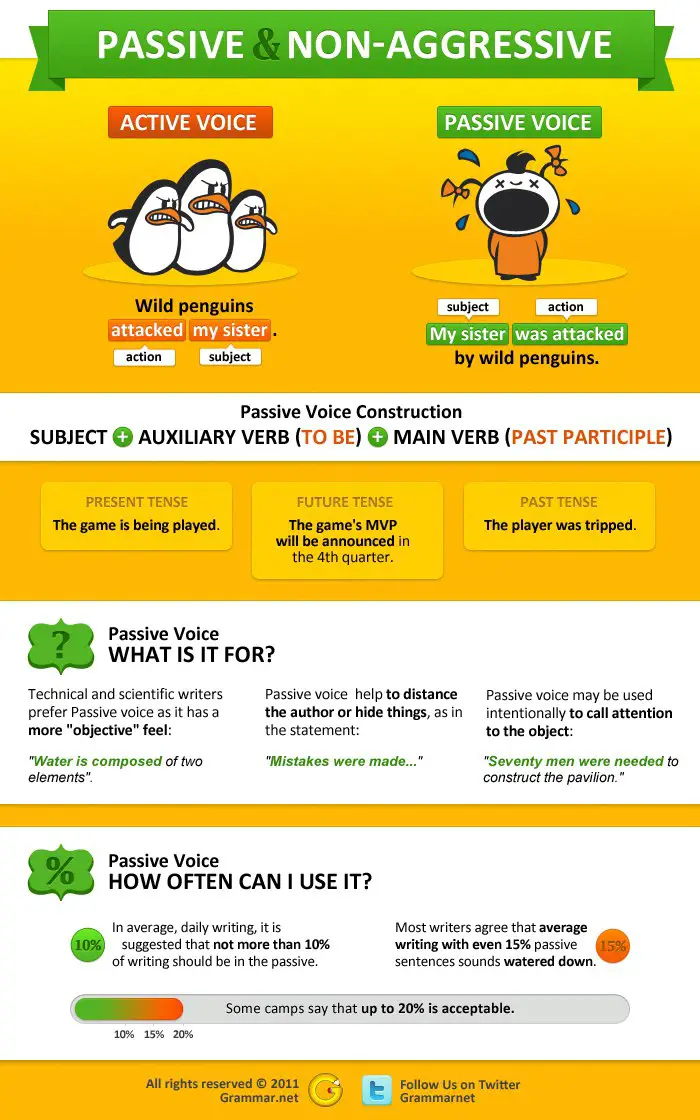Here is another video for your lockdown learning.
Below the exercises is the Google Doc transcript from today’s 5-minute grammar lesson. Extra teacher talk from the video not included!
Here are your online exercises:
https://www.learnenglishfeelgood.com/prepositions-of-time1.html
https://www.tolearnenglish.com/exercises/exercise-english-2/exercise-english-18280.php
https://www.usingenglish.com/quizzes/13.html
https://www.usingenglish.com/quizzes/230.html
https://www.learnenglishfeelgood.com/prepositions-of-time1.html
https://agendaweb.org/grammar/prepositions-of-time-exercises.html
https://www.english-4u.de/en/grammar-exercises/prepositions-time4.htm
MarkESOL 5 minute grammar lesson.
TIME EXPRESSIONS: FROM … TO, SINCE, FOR, UNTIL, BEFORE, AFTER, WHILE, DURING.
Today we’re going to be covering:
- FROM … TO
- UNTIL
- FOR
- SINCE
- BEFORE, AFTER
- WHILE and DURING
- When to use THIS, LAST, NEXT, and EVERY.
- WATCH this twice if it’s too quick.
Full video transcript on ESOLMARK.COM
Today we’re going to look at more of these ANNOYING little words that you might know but sometimes get confused or mixed up.
Let’s start with the easy ones.
1. FROM … TO
We’re talking about a fixed period of time here. With a start time or date and a finish time/date. It doesn’t have to be in the past but often we’re answering questions about our lives.
“How long did you live with your grandma?”
“FROM 1998 TO 2007.”
It can be used in the present simple if we’re talking about a routine:
“I hate my job! The hours are terrible! I have to work FROM 8 at night TO 7 in the morning. It’s exhausting!”
Or in the future, if we a talking about a plan:
“Wait a minute, Mark! You want to come and stay in my house in Madrid FROM the 23rd of June TO the 8th of August? Are you kidding me?”
“Yeah? Is that a problem? I thought you were out of the country UNTIL the beginning of August? Your flat will be empty!”
FROM and TO = start and end times/dates
2. UNTIL/TILL
UNTIL = a stop/end date/time – a preposition
“Don’t start watching the football UNTIL I get there. I want us to watch it together.”
“Really? You want me to wait? To pause the game TILL you arrive?”
TILL = less formal but with the same meaning.
To death do use part
3. FOR
FOR = a period of time. “So it’s okay for me to stay at your flat from June to August then? FOR 43 days?”
“Absolutely not, Mark! You can stay FOR a week at the most!”
4. SINCE
SINCE = from a time/date in the past until now.
“It’s been raining SINCE 9 a.m. this morning. SINCE I’ve been living in Salford it feels like it’s been raining every day!”
5. BEFORE, AFTER
You know this!
BEFORE is BEFORE
AFTER is AFTER.
No, come on, Mark, you’re a professional. Explain…
Ummmm … Errrr … Hmmm…
BEFORE = (preposition) prior to the start of a thing
AFTER = (preposition) upon the conclusion of a … thing.
Sometimes the explanation is more difficult than the original words!
6. WHILE and DURING
Same meaning for these two words, but we use
WHILE + a verb
They are used to talk about 2 things happening at the same time.
“WHILE you’re staying in my flat can you please keep it clean?” (WHILE+YOU+verb STAY & YOU+verb CLEAN)
“That’s okay, I love cleaning. I’ll listen to music WHILE I’m scrubbing the floor.”
(I LISTEN+WHILE+I SCRUB)
DURING + a noun.
“I’m looking forward to living in Madrid DURING the summer.” (I+LIVE+DURING+the summer (noun)
“Okay, students, you can start the exam. Remember no cheating DURING the exam.”
7. When to use THIS, LAST, NEXT, and EVERY.
“Hey, Mark, do you want to meet up THIS Thursday or NEXT Thursday?”
“On Thursday. Next Thursday.”
“Errrmm. I’m confused. Please explain!”
Okay, let’s do this backwards.
LAST Thursday. The previous one. Done. Easy.
EVERY Thursday = all Thursdays.
Easy peasy.
NEXT Thursday = (usually) refers to the Thursday of the following (NEXT) week.
THIS Thursday = Thursday THIS week. Less than 7 days in the future.
If it’s this week we might also say ON Thursday.
(ON is the preposition of time we use for days).
BUT!!! If you’re making plans for a job interview or you’re going on a date – check – get the exact time, place, and date.
Remember: English is confusing and the people that speak it are often as confused as you are! Good luck!
See ya later!
Cheers, mate!
MarkESOL xxx















